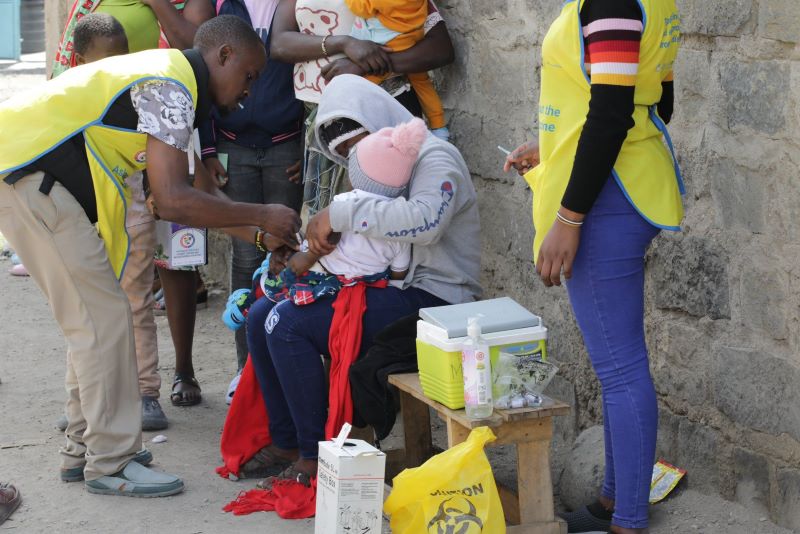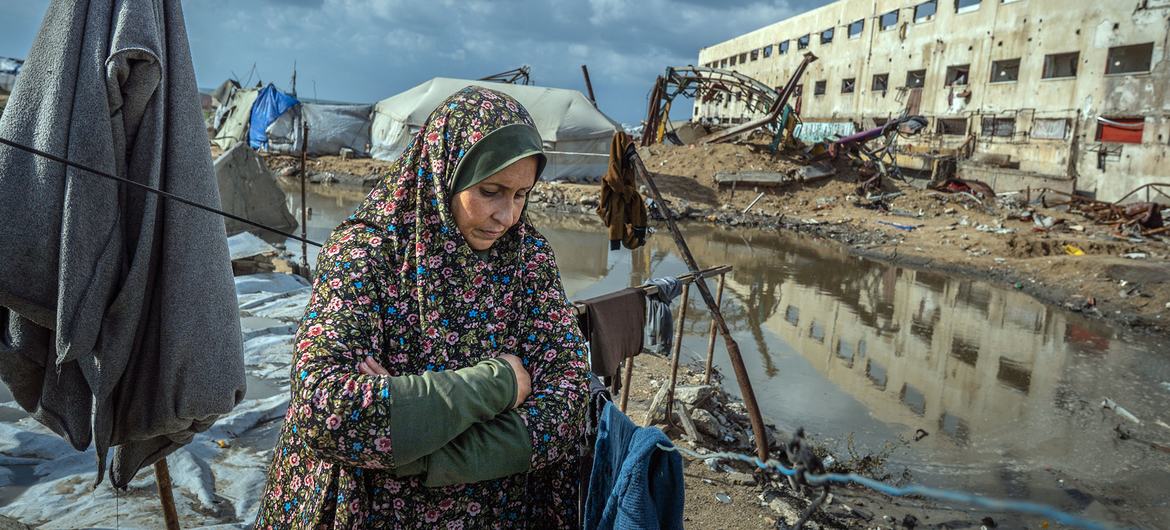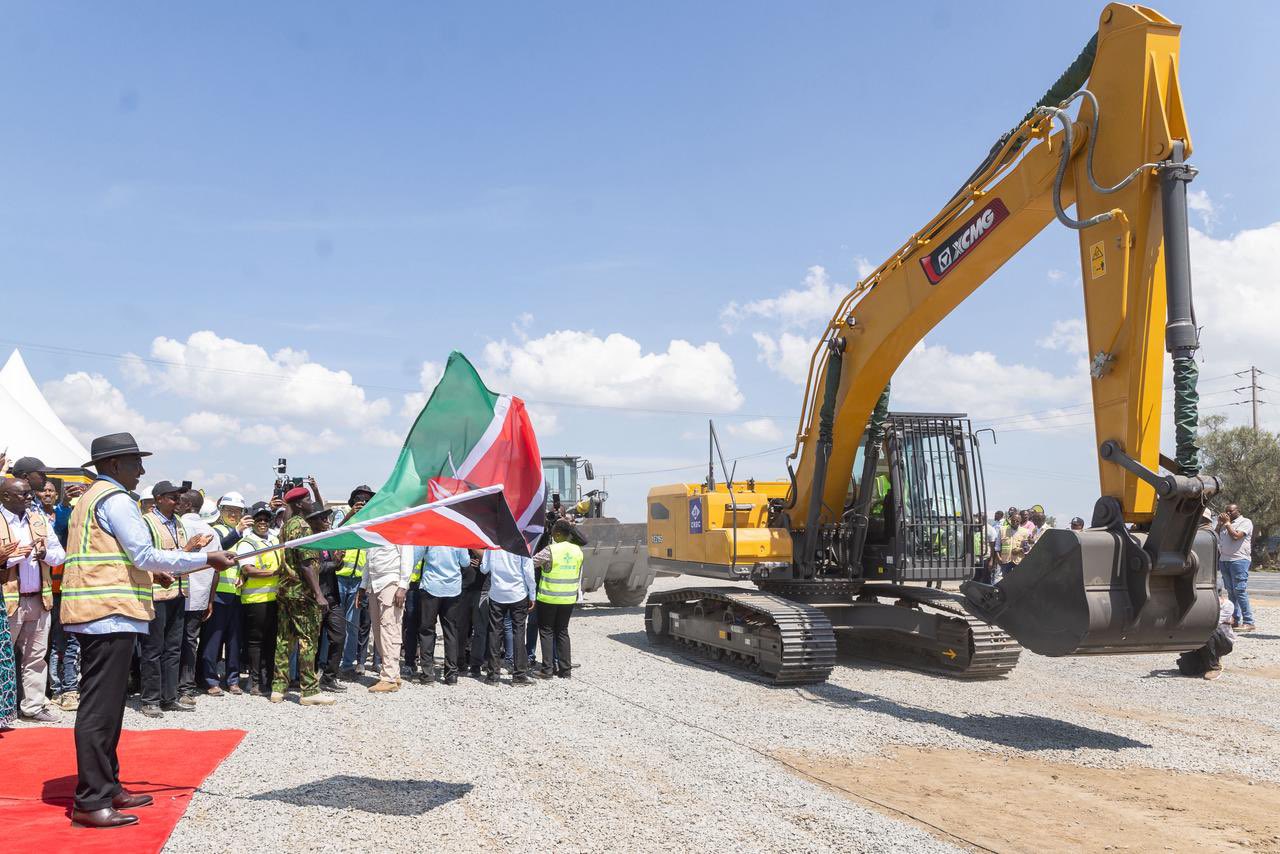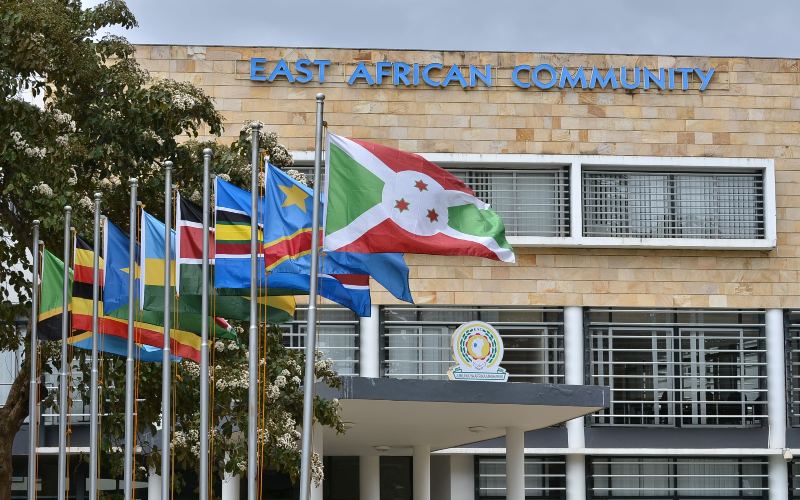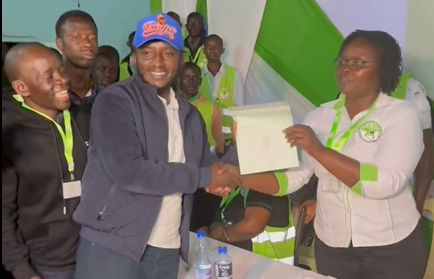Section of MPs warn e-procurement rollout may deepen corruption instead of curbing it

Despite the opposition, President William Ruto and the Treasury have maintained a firm stance, insisting the platform is a critical reform to enhance accountability and reduce manipulation in procurement.
A section of Members of Parliament has criticised the rollout of the new e-procurement system, saying it will not address corruption in public offices and risks repeating past failures.
According to the legislators, the hasty implementation shows the government has not learned from the Integrated Financial Management Information System (IFMIS), which has been marred by irregularities despite heavy investment.
More To Read
- TSC sued over teachers’ migration from MINET insurance to SHA
- Controller of Budget urges faster adoption of e-GPS for public projects
- Ruto announces increase in cancer treatment cover to Sh800,000 under SHA from December 1, 2025
- Government to review SHA packages amid calls for better cancer care
- Senate probes detention of new mothers in hospitals over unpaid bills
- Kenya Power awards Sh3.5 billion in tenders to youth, women and PWDs
Tetu MP Geoffrey Wandeto said the system was being rushed without addressing fundamental weaknesses and could instead become a new avenue for graft.
“Systems are actually the new frontier for corruption in this country. We have a Sh104 billion system that can’t prevent a Sh10 billion fraud. What a mismatch,” Wandeto said.
He questioned how the digital platform would work in areas without reliable internet and compared its shortcomings to IFMIS, which he said has been undermined by system outages, inconsistencies and loopholes.
He also raised concerns over governance of the Social Health Authority (SHA), which was meant to curb corruption but has instead sparked questions on its ownership, hosting and control. Wandeto urged the Treasury to first educate Kenyans about the system and to learn from the shortcomings of IFMIS before rushing into full rollout.
Nyeri Town MP Duncan Mathenge also cast doubt on the sudden push for e-procurement, warning that rigid digitisation could prove counterproductive during emergencies or in remote areas.
“On procurement, a provision for circumstances under which procurement entities may be exempted from online use should be developed, for example, during calamities. During emergencies. In such circumstances and in remote areas, what happens then?” Mathenge posed.
He pointed to the government’s digital learning initiative, saying many schools remain disconnected years after its introduction.
“For instance, in education, during the implementation of digital learning, there are schools that have never benefited anyway. If we did an audit on digital learning, for example, we would find that there are schools that remain largely disconnected,” he said.
Mathenge maintained that the government must adopt a flexible approach to avoid excluding institutions in disadvantaged regions.
Kathiani MP Robert Mbui raised constitutional concerns, saying the e-procurement system could fall short of fairness, transparency and accessibility, particularly in areas with poor connectivity.
Despite the opposition, President William Ruto and the Treasury have maintained a firm stance, insisting the platform is a critical reform to enhance accountability and reduce manipulation in procurement.
“Procurement should be open for all Kenyans to know how their money is being spent,” Ruto said on August 31.
“Any officials who are not ready to continue with e-procurement can also leave. They will not stop us from fully adopting this system and ensuring our resources are used as expected.”
The President further accused opponents of being beneficiaries of corruption under the manual system.
“Procurement and accounting officers do not want this programme because they have been benefiting from the old system. No amount of blackmail and intimidation will force us to go back on the electronic procurement. Any government official who is not willing to use it can resign and go pursue other interests,” Ruto said.
Treasury Cabinet Secretary John Mbadi echoed the President’s position, announcing that all government departments must be fully integrated into the platform by next week.
“This new e-procurement system is end-to-end; it starts from budgeting to the payment stage. In the current system, once the national budget is uploaded on IFMIS, the rest of the procurement is manual. The new system will help curb issues that arise during the awarding of tenders,” Mbadi explained.
He added that the e-GP would revolutionise procurement by automating transactions, sealing loopholes, reducing costs and increasing transparency.
The National Treasury began implementing the e-GP system in April this year as part of International Monetary Fund (IMF)-backed reforms to digitise contracting across national and county governments. The platform, designed to digitise and streamline procurement from planning to payment, was initially scheduled for rollout in 2024.
According to the Treasury, the system currently has 8,137 registered suppliers and 1,384 personal entities. However, only four institutions, including the National Treasury, the Ethics and Anti-Corruption Commission (EACC), the Privatisation Commission, and the Public Procurement Regulatory Authority, have fully onboarded.
Governors have also expressed resistance, warning that only three out of 47 counties took part in the pilot phase and all reported major failures. They argue that forcing counties to transition prematurely could disrupt service delivery.
Top Stories Today
